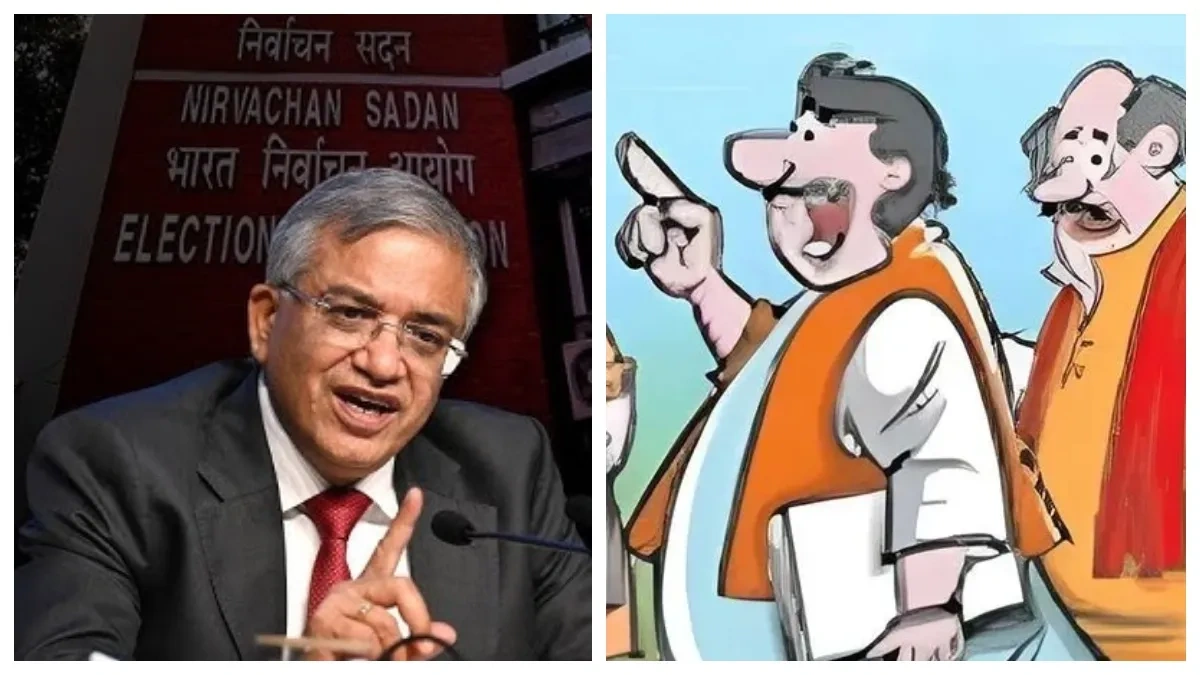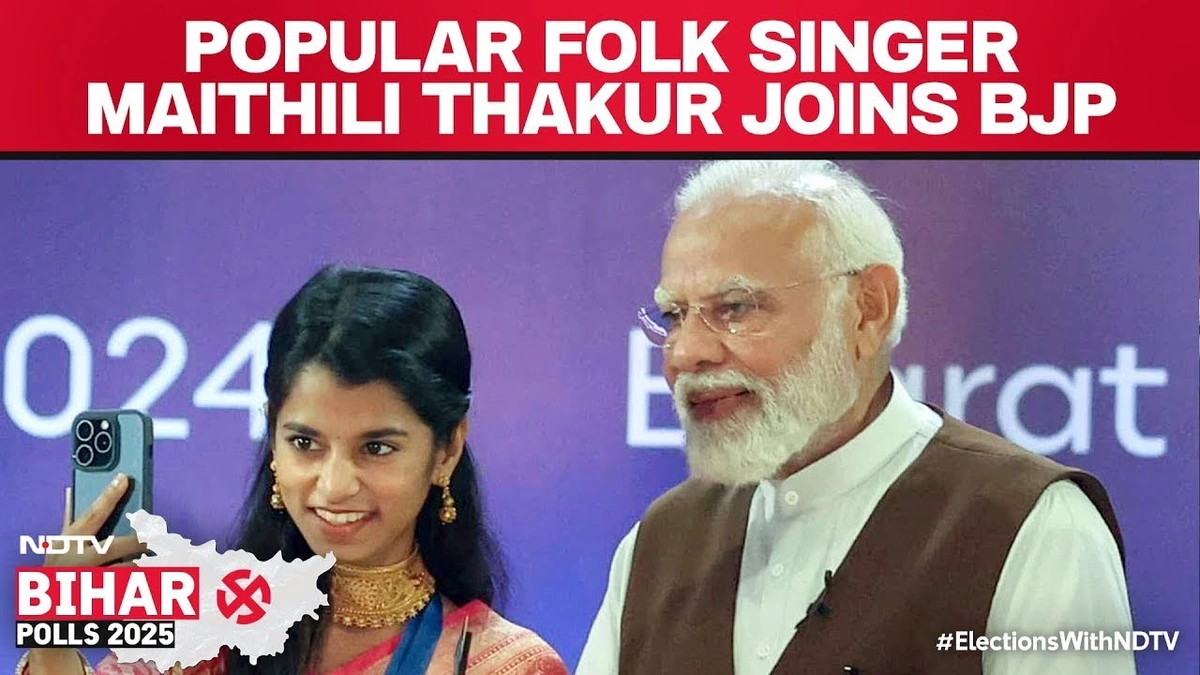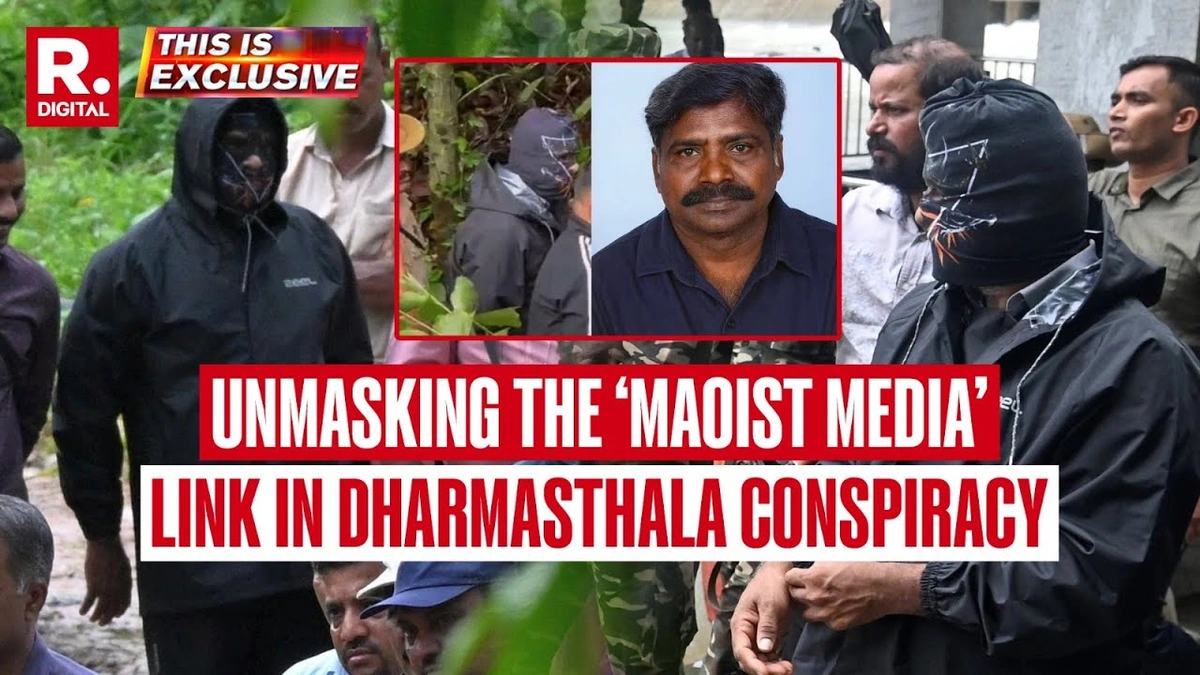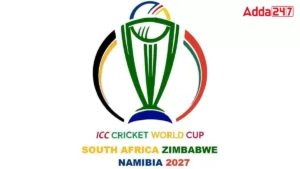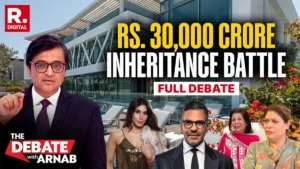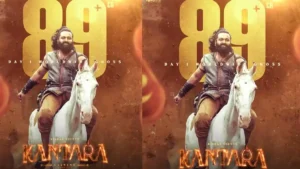Bihar Elections: Understanding the Model Code of Conduct (MCC) as ECI Announces Dates
Alright, folks, the Election Commission of India (ECI) has dropped the mic – announcing the dates for the Bihar elections. Now, while most news outlets will simply list the dates, what I want to talk about is the Model Code of Conduct (MCC) . It’s not just a set of rules; it’s the umpire ensuring a fair game. Ever wondered how elections are kept (relatively) clean in a country as diverse and, let’s be honest, chaotic as India? The MCC is a big part of it. So, let’s dive deep, shall we?
What Exactly Is This Model Code of Conduct, Anyway?
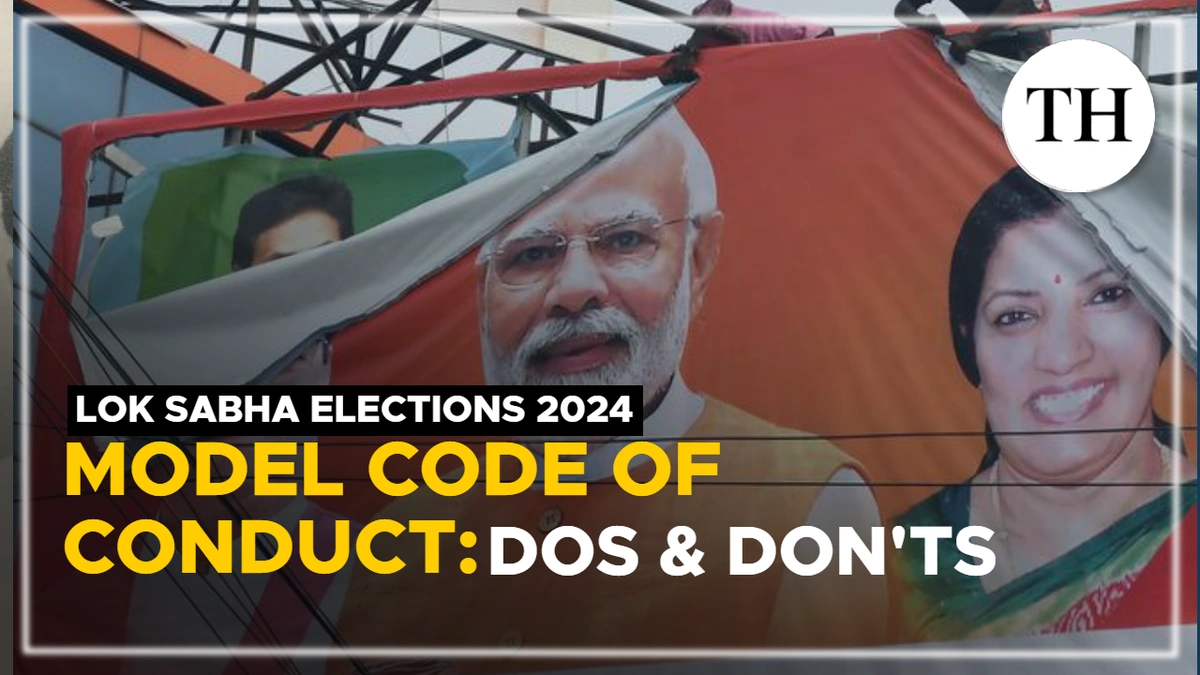
Think of the MCC guidelines as the rulebook for political parties and candidates during elections. It kicks in as soon as the election dates are announced and remains in force until the results are out. It covers everything from what parties can say in their speeches to how they can spend money. But here’s the thing: it’s not actually law. It’s more of a gentleman’s (and gentlewoman’s) agreement enforced by the ECI. It’s based on consensus among political parties. The ECI leverages its constitutional authority and moral persuasion to enforce it. The ECI guidelines for the election process has the power to reprimand, issue warnings, and even disqualify candidates or parties for violations – things can get real very quickly.
Why Should I, as a Bihari Voter, Care About This Election Process?
Because it directly impacts the quality of your democracy. Without the MCC, campaigns could devolve into mudslinging contests, rampant bribery, and outright intimidation. Imagine a free-for-all where the loudest, richest, and most unscrupulous win. The MCC aims to level the playing field, ensuring that even smaller parties and independent candidates have a fair shot. It ensures that the government in power doesn’t abuse its position for electoral gain. No new projects can be announced that could sway voters, preventing the ruling party from having an unfair advantage. This is especially important in a state like Bihar, where historical socio-economic disparities can easily be exploited during elections. Knowing the election rules is vital for the local citizens to keep checks and balances.
But, and this is a big ‘but,’ the MCC isn’t perfect. Its enforcement relies heavily on the ECI’s resources and willingness to act decisively. Plus, the code itself is somewhat vague, leading to different interpretations and loopholes that clever politicians can exploit. Bihar’s political landscape is known to be colourful, so it always pays to keep a close eye on things.
Deep Dive: Key Provisions of the Model Code of Conduct
Let’s get into the nitty-gritty. The MCC broadly covers these areas:
- General Conduct: Parties and candidates must avoid personal attacks, inflammatory statements, and anything that could incite violence or communal disharmony.
- Meetings and Processions: These require prior permission from authorities, and organizers are responsible for maintaining order.
- Polling Day: Strict rules against campaigning near polling booths and preventing voters from exercising their franchise.
- Party in Power: The ruling party can’t use official resources for campaigning, announce new projects, or make any policy decisions that could influence voters.
What fascinates me is the sheer breadth of these provisions. It’s not just about preventing overt corruption; it’s about creating an environment where voters can make informed decisions without undue pressure or influence. The election process is sensitive and ensuring it is done correctly is of paramount importance.
For instance, a common violation is the misuse of government vehicles for campaigning. Another is using public funds to advertise achievements in a way that looks like election propaganda. The ECI has teams monitoring these things, but citizen vigilance is key.
MCC Violations | What Happens When Someone Breaks the Rules?
Okay, someone jumps the line – what happens next? The ECI can take several actions. They can issue a warning, which is basically a slap on the wrist. They can publicly reprimand the candidate or party, which can be embarrassing. In more serious cases, they can bar a candidate from campaigning for a certain period or even disqualify them altogether. In extreme situations, the ECI can recommend that the President of India dismiss a state government, although this is rare. However, The MCC guidelines do not cover everything. It’s not a legally enforceable document in the strictest sense.
Let’s be honest – enforcement is often a challenge. Politicians are masters of bending the rules without technically breaking them. And the ECI, despite its powers, is still a bureaucratic organization with limited resources. That’s where we, the voters, come in.
So, How Can You Ensure a Fair Election?
Here’s the thing: a vigilant citizenry is the best safeguard against MCC violations. If you see something, say something. Report violations to the ECI, use social media to raise awareness, and demand accountability from your leaders. Don’t underestimate the power of collective action. Become familiar with the election rules so you can spot foul play.
A common mistake I see people make is assuming that the MCC is someone else’s problem. It’s not. It’s our problem. A fair election is the foundation of a healthy democracy, and it’s everyone’s responsibility to protect it. Remember your vote is your voice, and the MCC helps to make sure that voice is heard clearly. Consider the candidates carefully.
FAQ | Your Questions About the Model Code of Conduct Answered
Frequently Asked Questions
Can the government announce new welfare schemes after the MCC comes into effect?
No, the government cannot announce new welfare schemes or projects that could influence voters after the MCC is in effect.
What if a candidate makes a derogatory speech against a particular community?
This is a violation of the MCC. You can report such instances to the ECI.
Does the MCC apply to social media posts?
Yes, the MCC extends to social media. Any inflammatory or misleading posts can be reported.
What happens if a political party violates the MCC repeatedly?
The ECI can take stricter actions, including derecognizing the party in extreme cases.
Is the MCC legally binding?
The MCC itself isn’t legally binding in the strict sense, but the ECI can take action under existing laws and regulations to enforce it.
So, there you have it. The Model Code of Conduct isn’t just some boring set of rules. It’s a crucial tool for ensuring free and fair elections in Bihar – and across India. Stay informed, stay vigilant, and make your voice heard. After all, democracy is not a spectator sport!

